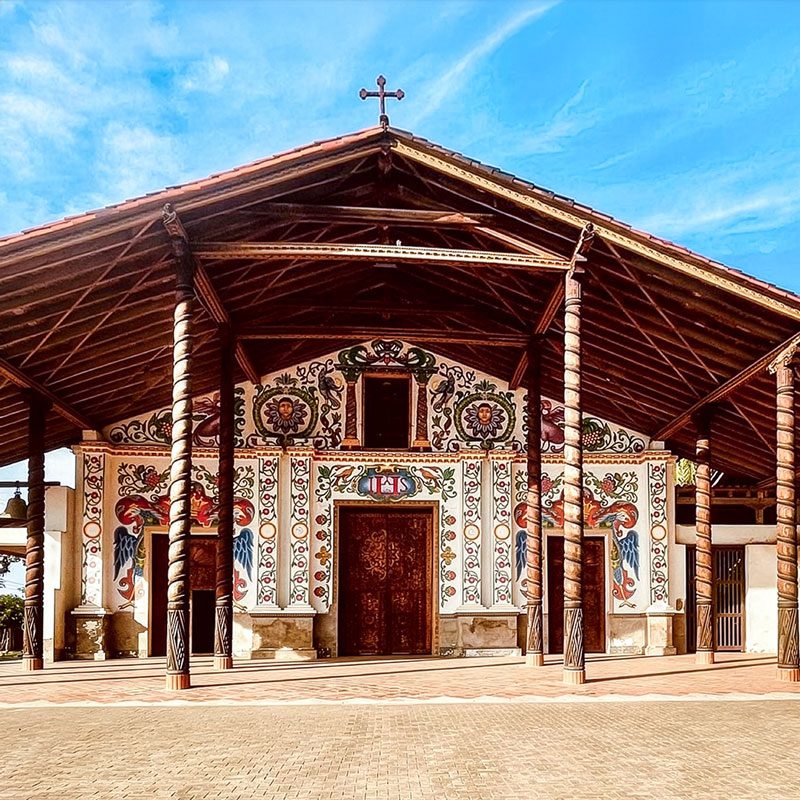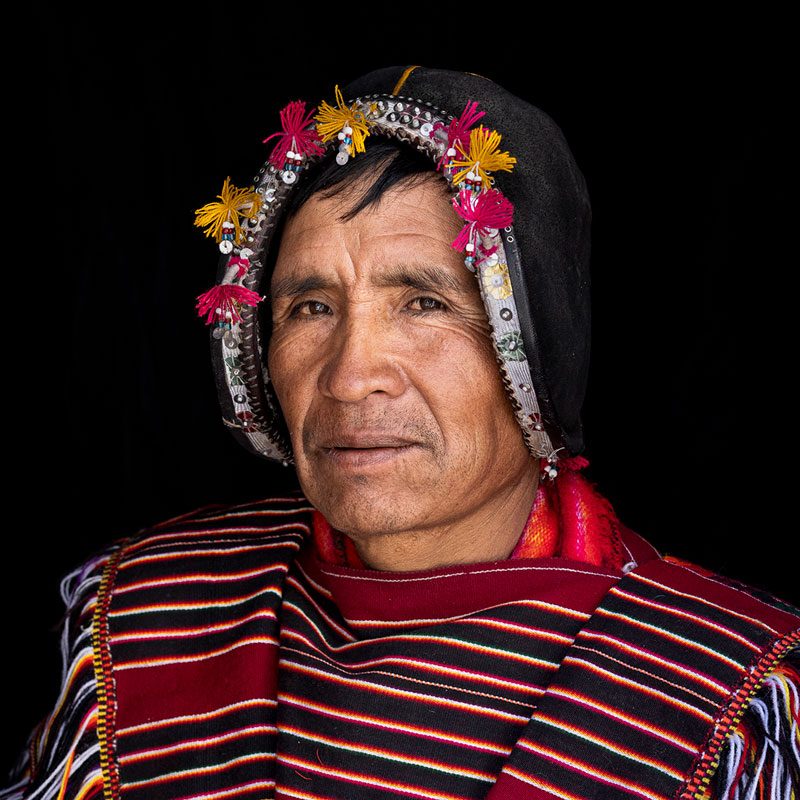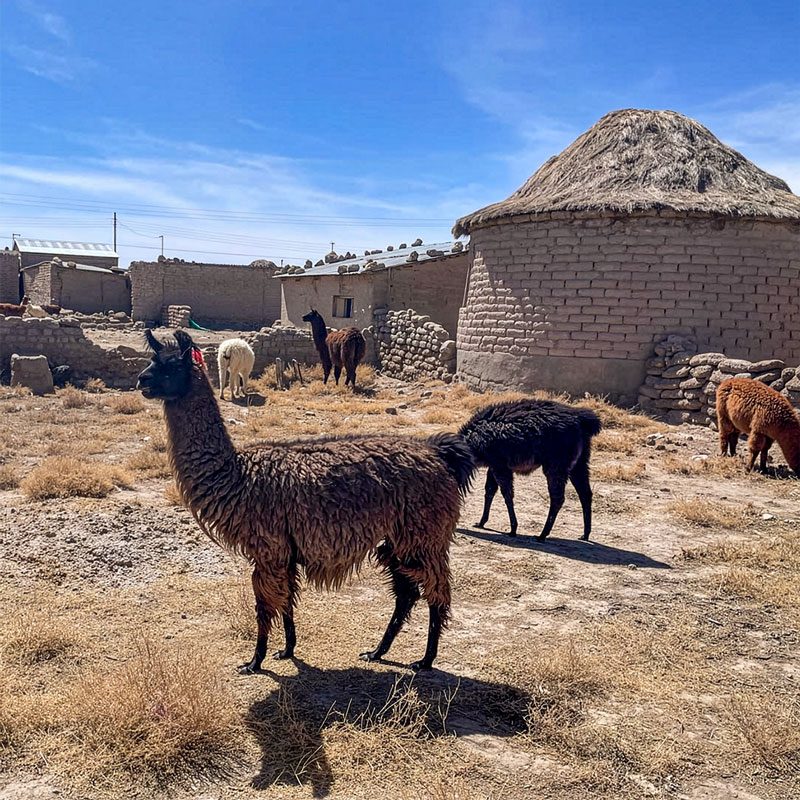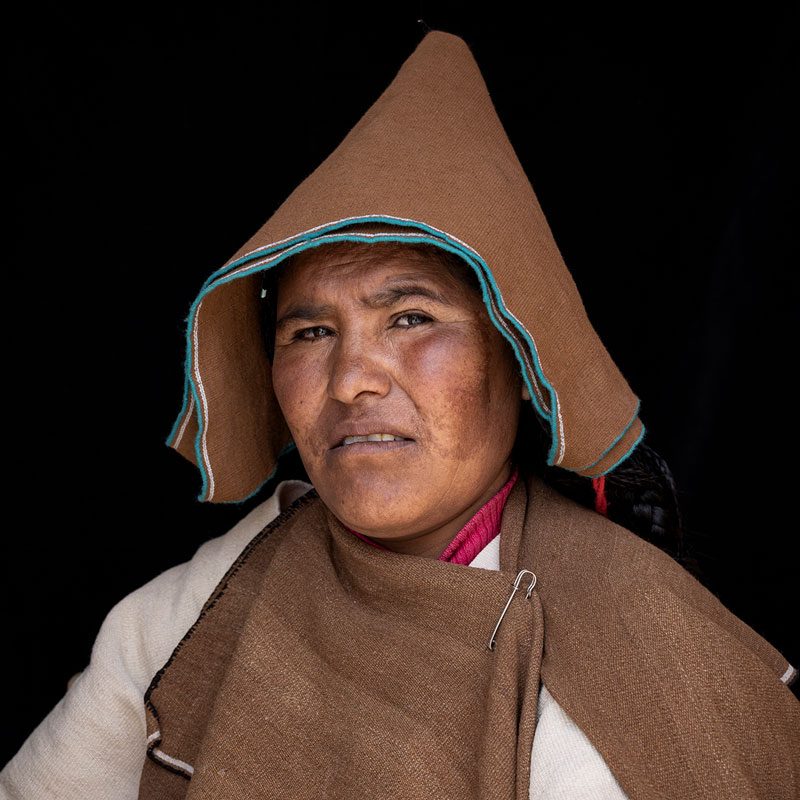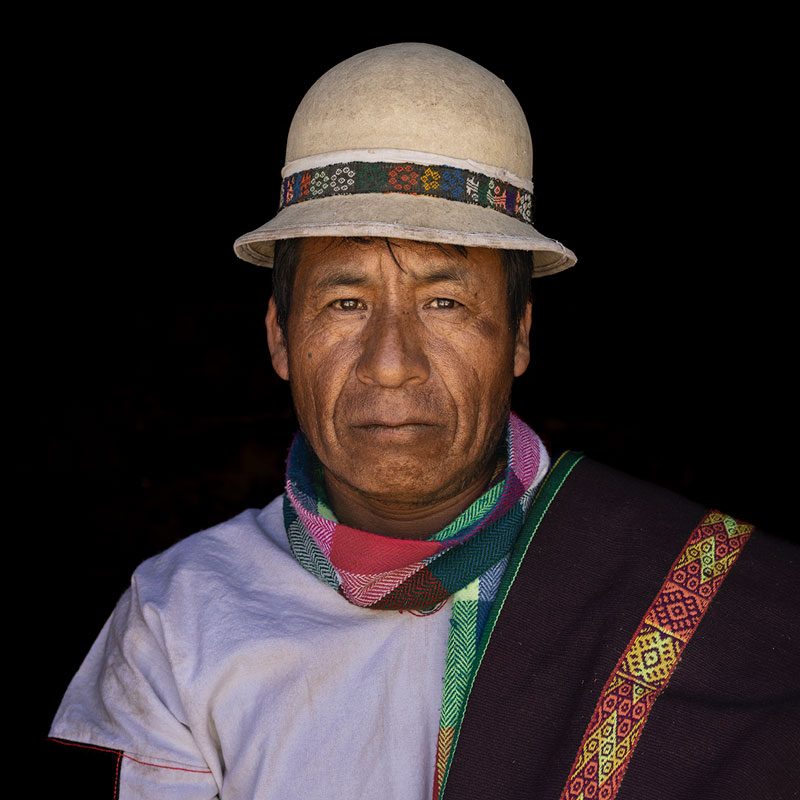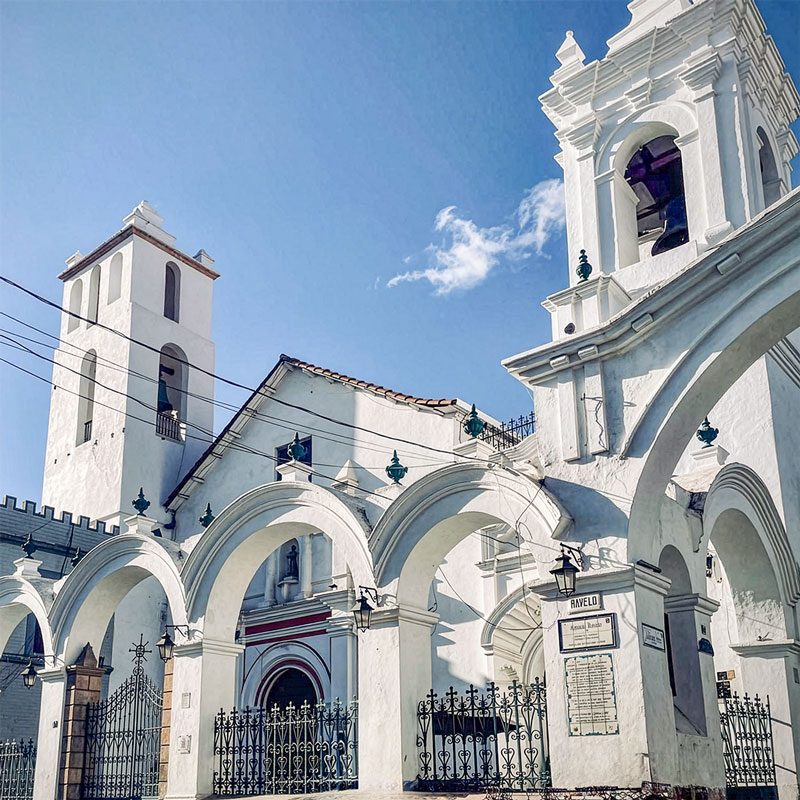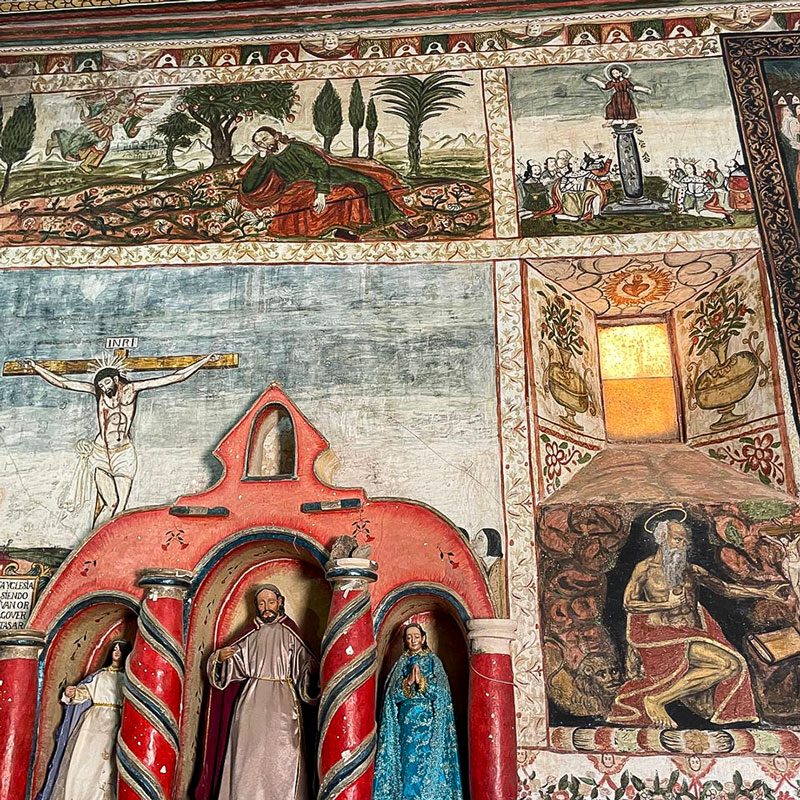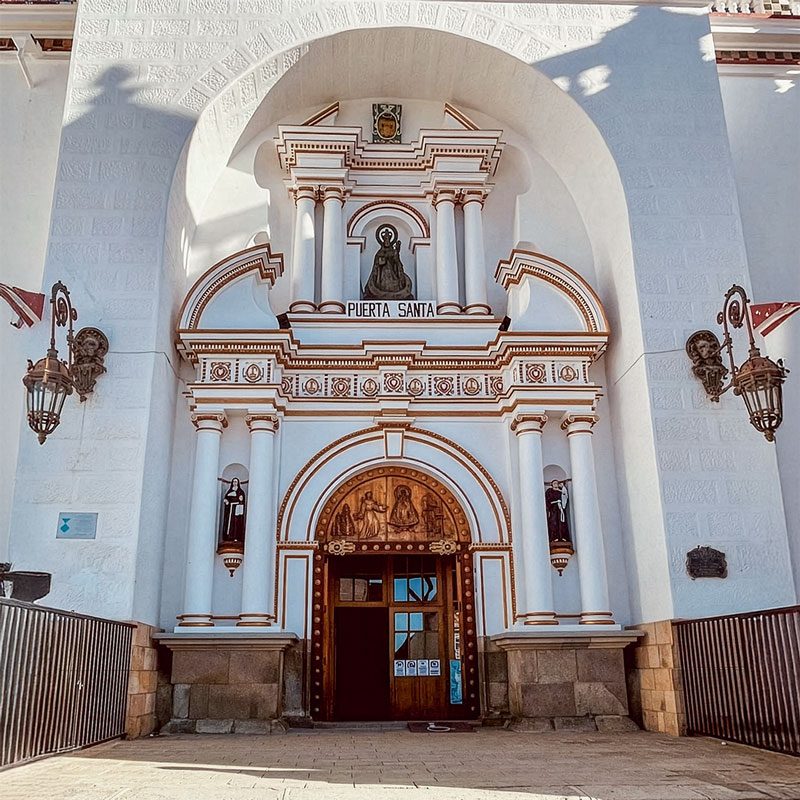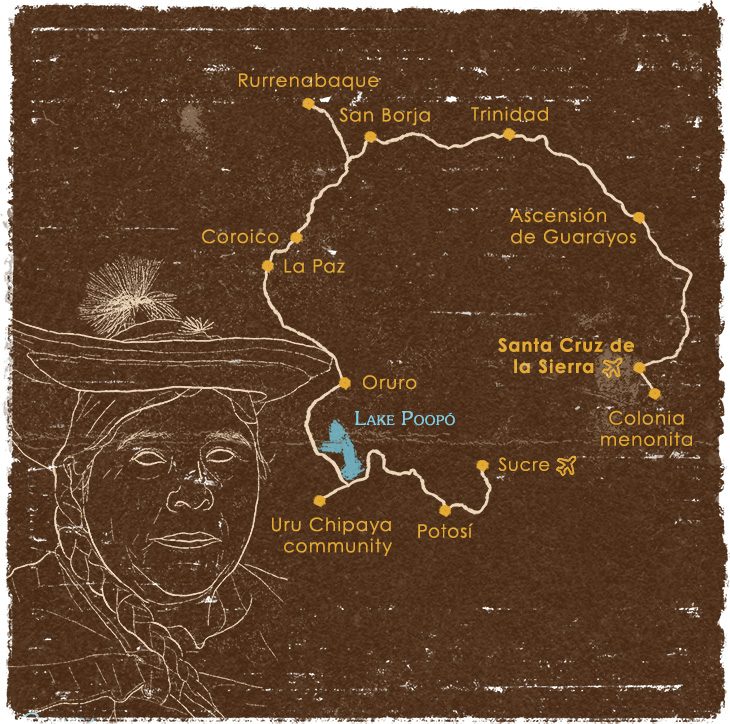Discover the highlights of this ethnographic trip to Bolivia
Eastern Bolivia and the Mennonite and Guarani communities
We will begin our ethnographic trip to Bolivia in Santa Cruz de la Sierra, the most dynamic city in the country and the gateway to the tropical lowlands. From here, we will venture into the Mennonite colony of “La Flecha”, where we will meet a self-sufficient community living under strict religious norms and a surprising organisation of labour. We will walk through their cultivated fields, artisanal bakeries and workshops, discovering a way of life that combines tradition and sustainability. Later, we will meet Ava-Guaraní families who keep alive their spirituality centred on the ideal of the “Land without Evil”. We will listen to their stories, learn about their worldview, and understand how Guaraní culture adapts to modern changes without losing its essence.

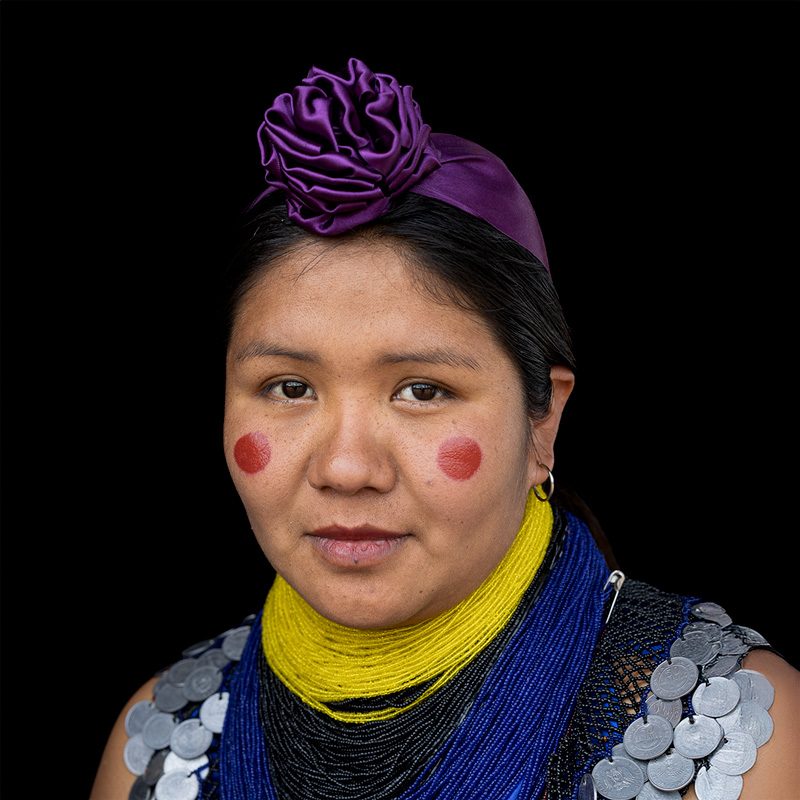
The Amazon and the Guarayo, Moñejos and T'simane peoples
Our ethnographic trip to Bolivia will continue towards the Amazon, where the forest becomes home, temple and source of life. In Ascensión de Guarayos, we will meet a people descended from the former Jesuit missions, who combine Catholicism with indigenous beliefs in the guardian spirits of the forest. We will visit colonial temples and craft workshops, where wood, textiles and natural pigments tell stories of balance between spirituality and nature. The ethnographic trip to Bolivia will then take us to Trinidad, capital of the Beni region. In this land of rivers and lagoons, the Mojeño people preserve their sacred bond with water. We will visit the Jesuit temples of San Ignacio de Moxos, where Baroque music still resonates, and learn about the famous Ichapekene Piesta festival, a vivid expression of faith and syncretism. Further north, we will live alongside the T’simane people, guardians of the Bolivian Amazon. We will navigate the Maniquí River and learn about their traditional techniques of fishing, hunting and ecological farming. The women will show us how they weave the marico, a natural fibre decorated with symbols that represent their vision of the world. Living with the T’simane will allow us to understand the deep connection between community and environment.


La Paz and the Yungas: between the Andes and the jungle
After exploring the rainforest, our ethnographic trip to Bolivia will take us to La Paz, a city that defies geography and vibrates with its own energy. We will wander through the Witches’ Market, ride the cable cars above the city and experience the unique blend of the ancestral and the modern. From La Paz, we will descend towards the Yungas, where the landscape transforms into a lush green tapestry of mountains and mist. In Coroico, the spiritual heart of the Afro-Bolivian community, we will visit coffee plantations and take part in workshops of the Saya dance, a cultural expression that embodies memory, resilience and joy.
The Altiplano in our ethnographic trip to Bolivia: the Chipaya and Quechua cultures
Our ethnographic trip to Bolivia will continue to the Altiplano, where time seems to stand still. In Oruro, birthplace of the famous carnival, we will discover the syncretism between Catholic faith and mining traditions. We will visit Baroque churches such as Curahuara de Carangas, known as the “Sistine Chapel of the Altiplano”, and appreciate the spiritual significance of the Sanctuary of El Socavón. Later, we will reach the Chipaya community near Lake Poopó. Here, the inhabitants preserve their conical houses, agricultural rituals and ancestral wisdom linked to water. We will walk through the community and take part in a ceremony that celebrates the cycle of life and the connection with nature.

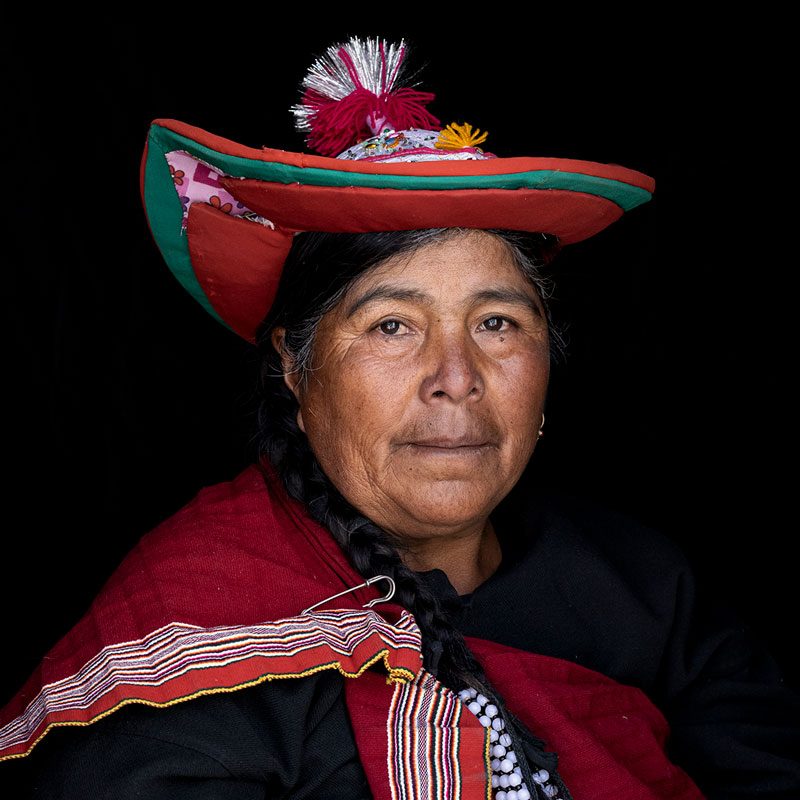
Colonial cities: Potosí and Sucre
We will conclude our ethnographic trip to Bolivia by exploring the country’s colonial jewels. In Potosí, we will walk through the streets that were once the heart of the mining wealth of the Americas. We will visit the Casa de la Moneda, the silver mines of Cerro Rico and Baroque temples where indigenous and European art blend in harmony. We will share a meal with Quechua families and participate in an animist ceremony offering to Pachamama, Mother Earth. Finally, we will arrive in Sucre, the white city and historical capital of Bolivia. We will stroll through its squares, convents and markets, discovering the legacy of Bolivian independence. In the nearby communities, we will meet the Yampara and Jalq’a peoples, masters of textile art, whose works reflect the duality between the earthly and spiritual worlds.

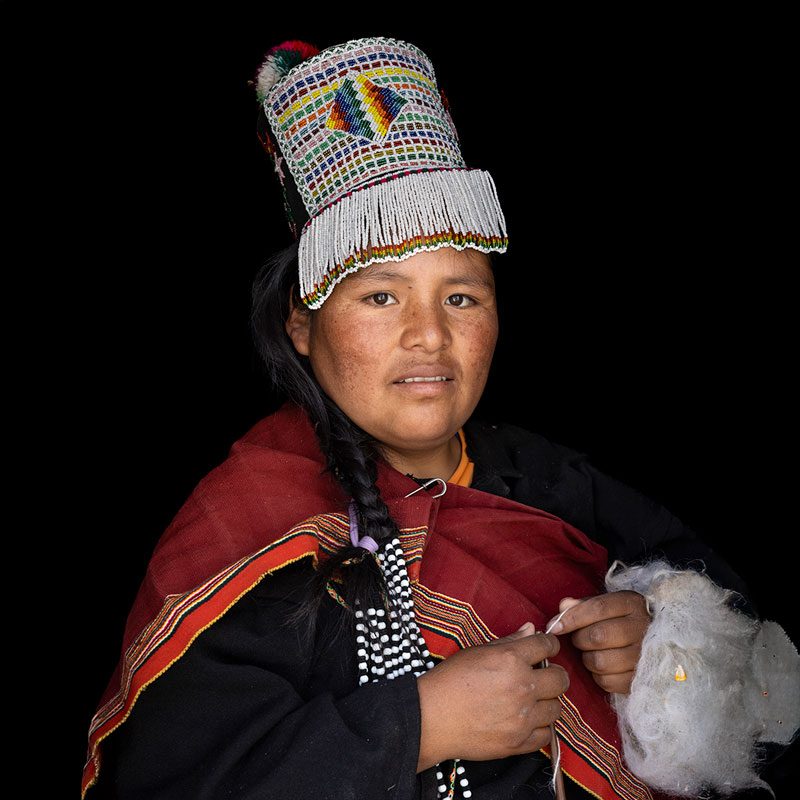
© Photos by Edith Scharffenberg and Joan Riera taken during an ethnographic trip to Bolivia.
► Download the itinerary for this ethnographic trip to Bolivia
Click on the button below to easily access the download form for this ethnographic trip to Bolivia.
